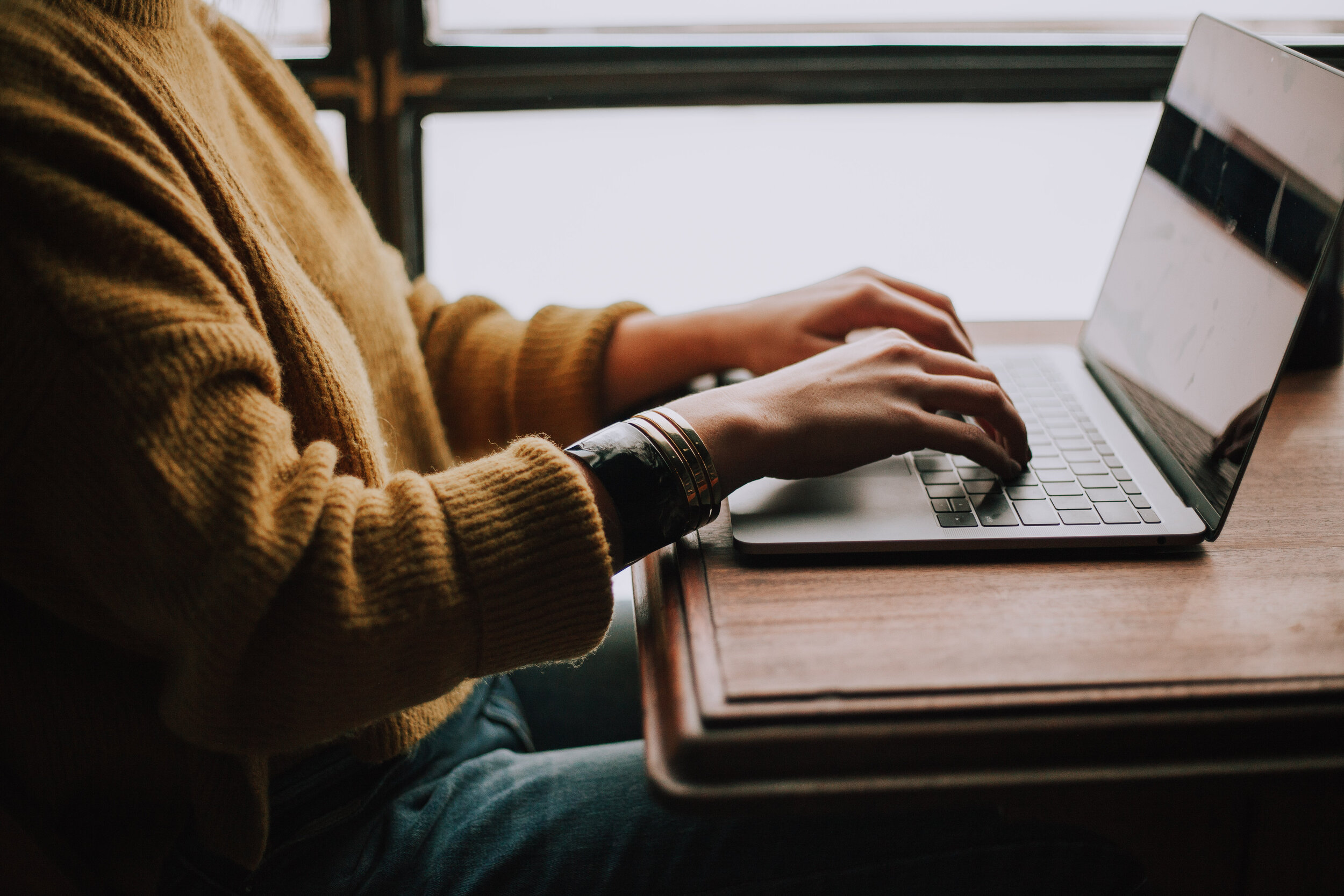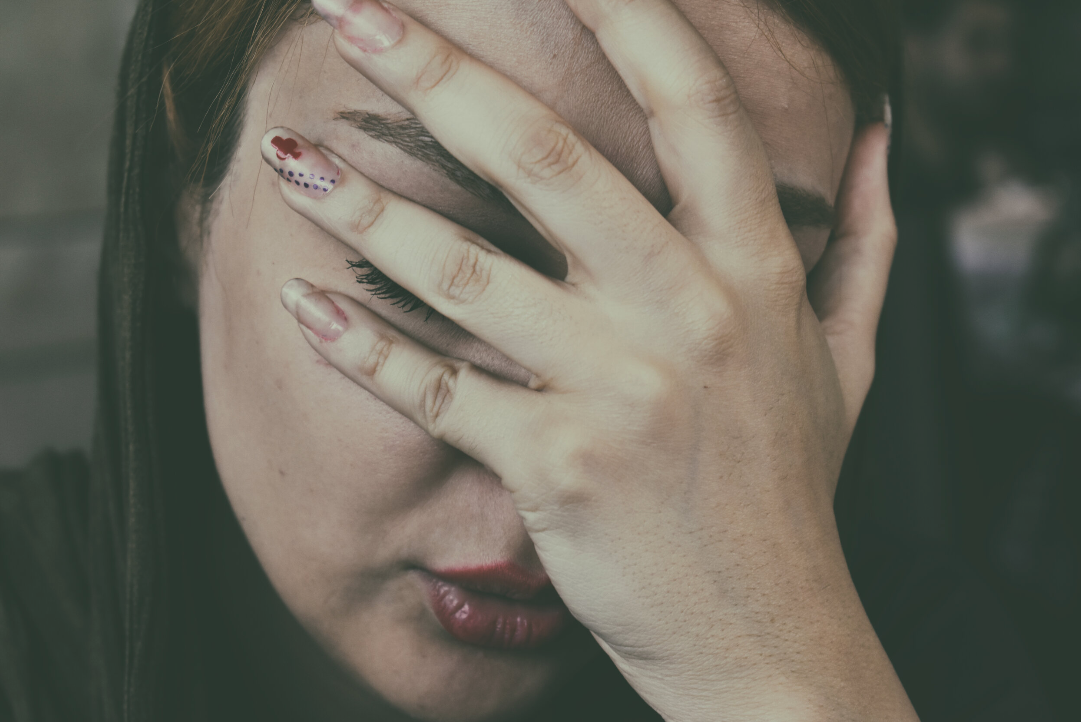Woman in nature by @marcospradobr for Unsplash
This blog post was originally written for my newsletter.
Midlife is a wonderful time for reflection. We’ve made it here. We’re looking back at where we came from and ahead to what’s next.
And for highly sensitive women in midlife, you’re particularly attuned to your inner life and emotional experiences. But instead of feeling freeing, midlife can be overwhelming if you’re feeling unfulfilled, out of alignment, or just burned out.
As I began my midlife journey, I wanted to feel more aligned and comfortable with myself. I knew something needed to change but each step I took never felt like enough.
I had spent my life focusing on other’s needs at the expense of my own. And I’d built a life of putting my feelings to the side—or burying them—so I didn’t even know what was missing. I just knew something was.
Maybe you’ve been there. Taking art classes, yoga classes, starting new exercise routines, trying a new religion, a new church, taking self-enrichment classes and courses, accumulating and reading self-help books.
I’ve been there.
Because nothing I did filled me up in the way I’d hoped, I thought that maybe I’d always feel this way. That I was the problem.
I was really good at seeing all of my weaknesses. And as I reminded myself again and again about my deficiencies, I felt the hurt deeply within me.
But I know now that I’m not broken. And I want you to know, you’re not the problem. You. Are. Not. Broken.
If the people in your life didn’t understand and support your highly sensitive traits, you learned early on to keep your needs to a minimum. Or you kept them out of sight.
But when we put our needs aside because we’re told we’re “too much,” we continue to get overwhelmed, stressed, and feel like we’re the problem.
Ironically, I’ve learned the that my search for alignment didn’t have to go any further than myself. The thing that was missing in all of this was me. A healthy, loving, caring relationship with myself.
When you take the steps toward a nurturing compassionate relationship with you and all your parts, you find the gifts that make you, you.
You’ll begin to make choices that align with your energy and values
You’ll create space and time for reflecting and recharging
You’ll trust your intuition. And it will become your best ally
If you’re longing to feel more aligned and you’d like a space to process and reflect on where you’re stuck, and ways to move towards fulfillment I’d love to support you.
Elizabeth Cush (LCPC) is a licensed clinical professional counselor, a women’s life coach, and business owner in Annapolis, MD where she hosts Awaken Your Wise Woman a podcast for women who want to live more fully and authentically. She loves helping women reconnect with themselves so that they can live with more purpose. Her coaching work is focused on self-compassion practices, healthy boundaries and making the care of Self a priority. She’s worked in the mental health field for over 15 years, is a certified clinical trauma professional and she incorporates mindfulness and meditation into her psychotherapy and coaching work.






































